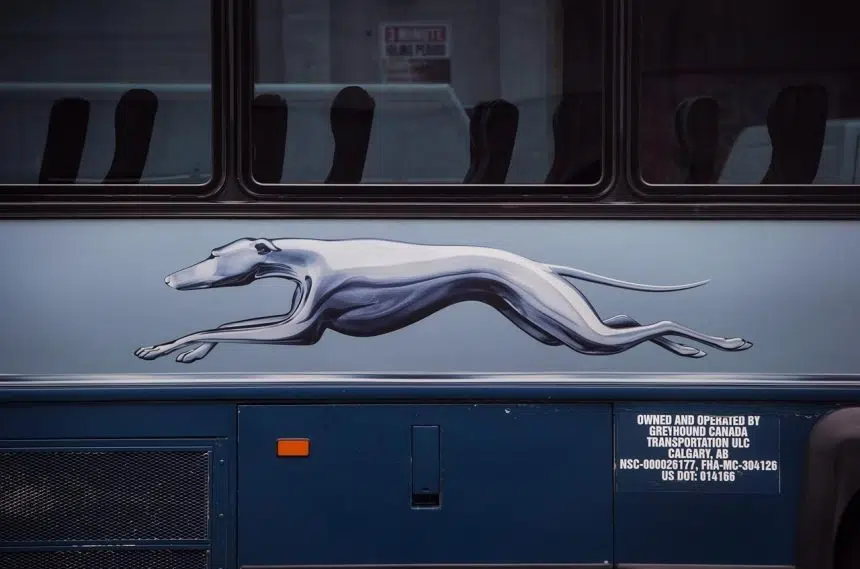OTTAWA — The opposition New Democrats are calling on the Trudeau government to lay out its plan to help communities that will be affected by the shutdown of Greyhound bus services in western Canada.
The NDP has requested an emergency meeting of the House of Commons standing committee on transport, infrastructure and communities, hoping that Transport Minister Marc Garneau will spell out the options he’s looking at to ensure people in those communities who rely on bus services are still able to travel.
The call comes a week after NDP Leader Jagmeet Singh urged the prime minister to develop a funding plan to prevent Greyhound from shutting down crucial routes, calling it a public safety issue.
The bus company announced earlier this month that it’s cutting passenger and delivery services in the Prairies, northwestern Ontario and all but one cross-border route in British Columbia.
The shutdown is just the latest in a string of service reductions by Greyhound as it deals with declining ridership.
The company has said persistent competition from subsidized national and inter-regional passenger transportation services, new low-cost airlines, regulatory constraints and the continued growth of car ownership have resulted in a 41-per-cent decline in its customer base since 2010.
In a letter dated Monday to Judy Sgro, the Liberal chair of the standing committee, Quebec New Democrat MP Robert Aubin says Transport Canada has a responsibility to aid communities that will become isolated once Greyhound halts its services.
“As a member of the committee, it is my hope that minister Garneau will present to the committee the possible solutions he is working on to ensure that each of the affected communities has access to transportation services that are worthy of Canada in the 21st century,” says the letter, made public Thursday.
“The committee could pass a motion asking minister Garneau and his officials to testify publicly about their work on this file.”
Greyhound’s decision has sparked outrage in rural and First Nations communities that rely heavily on the company to get around and to ship parcels, and it has raised concerns that a lack of bus service would force vulnerable people to use less safe modes of transportation.
On Tuesday, Prime Minister Justin Trudeau said he had asked Garneau to find solutions to the Greyhound move, calling the news “difficult.”
A spokeswoman for the minister would not say what options might be considered, but said the government was “encouraged” by expressions of interest from other bus firms in filling some of the potential service gaps left by Greyhound, using different business models and equipment.
In his letter to Sgro, Aubin hinted that improved rail service could play a role in providing transportation services to isolated communities, and that federal money would be needed regardless of the solution that might be adopted.
“Whether the solution to the problem involves improving the integration of transport systems or developing a national railway transportation strategy or any other strategy, it is vital that a funding plan be implemented to ensure that Manitoba, Saskatchewan, Alberta, northwestern Ontario and rural British Columbia are not deprived of this service,” he wrote.
A spokesman for Sgro said that interest among committee members in holding an emergency meeting was being monitored, and that while intercity busing falls under provincial jurisdiction, Garneau was already reaching out to his provincial counterparts affected by the Greyhound decision “to see what paths forward exist.”
Terry Pedwell, The Canadian Press







